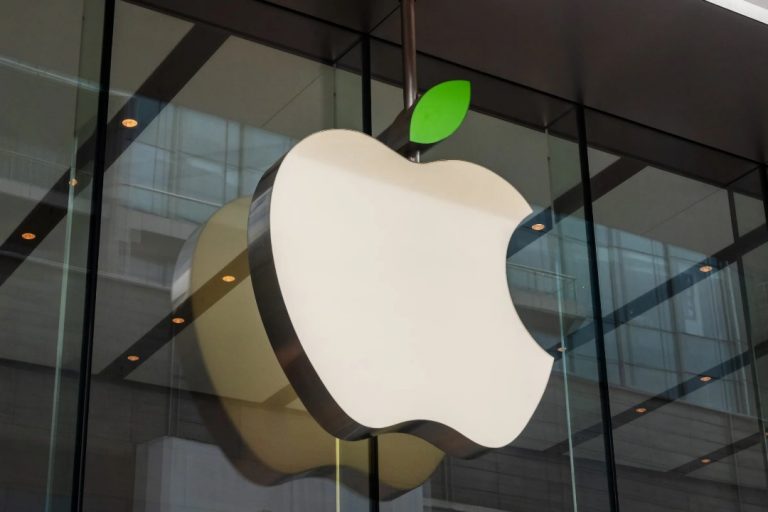By Abigail Philip David
Apple is confronting a £1.5 billion ($1.8 billion) lawsuit in the UK over claims it overcharged millions of customers through its App Store policies. The trial, beginning Monday at the Competition Appeal Tribunal in London, will examine whether Apple violated UK and European competition laws by blocking rival app stores on its iOS devices.
The case, filed in May 2021, alleges that around 20 million UK Apple users were overcharged due to Apple’s monopoly over app distribution on iPhones and iPads. The lawsuit argues that Apple’s mandatory 30% commission on paid apps and in-app purchases inflated prices for consumers. This fee, however, does not apply to apps selling physical goods, such as Deliveroo and Uber Eats.
The claim was brought forward by Dr. Rachael Kent, a digital economy lecturer at King’s College London, alongside law firm Hausfeld & Co. They argue that Apple’s App Store policies stifle competition and harm consumers financially.
Any UK consumer who made purchases or subscriptions through the App Store between October 1, 2015, and November 15, 2024, could be eligible for compensation if the lawsuit succeeds. Under UK law, affected users are automatically included in the claim unless they choose to opt out.
Apple has dismissed the lawsuit as “meritless,” citing that 85% of apps on its platform are free and emphasizing the App Store’s benefits to consumers and the UK’s digital economy. The company also defends its commission rates as being standard across digital marketplaces.
This lawsuit adds to Apple’s growing legal challenges globally. The company faces a separate £785 million claim over fees charged to app developers. Additionally, the European Commission accused Apple in June 2023 of breaching digital competition laws by restricting developers from directing users to alternative purchasing options.
In response to EU pressure, Apple announced in August that iOS users in the EU would soon be able to remove the App Store and access competing platforms. Dr. Kent argues that such changes only occur due to legal action and regulatory intervention.
The trial is expected to last seven weeks.

Leave a Reply